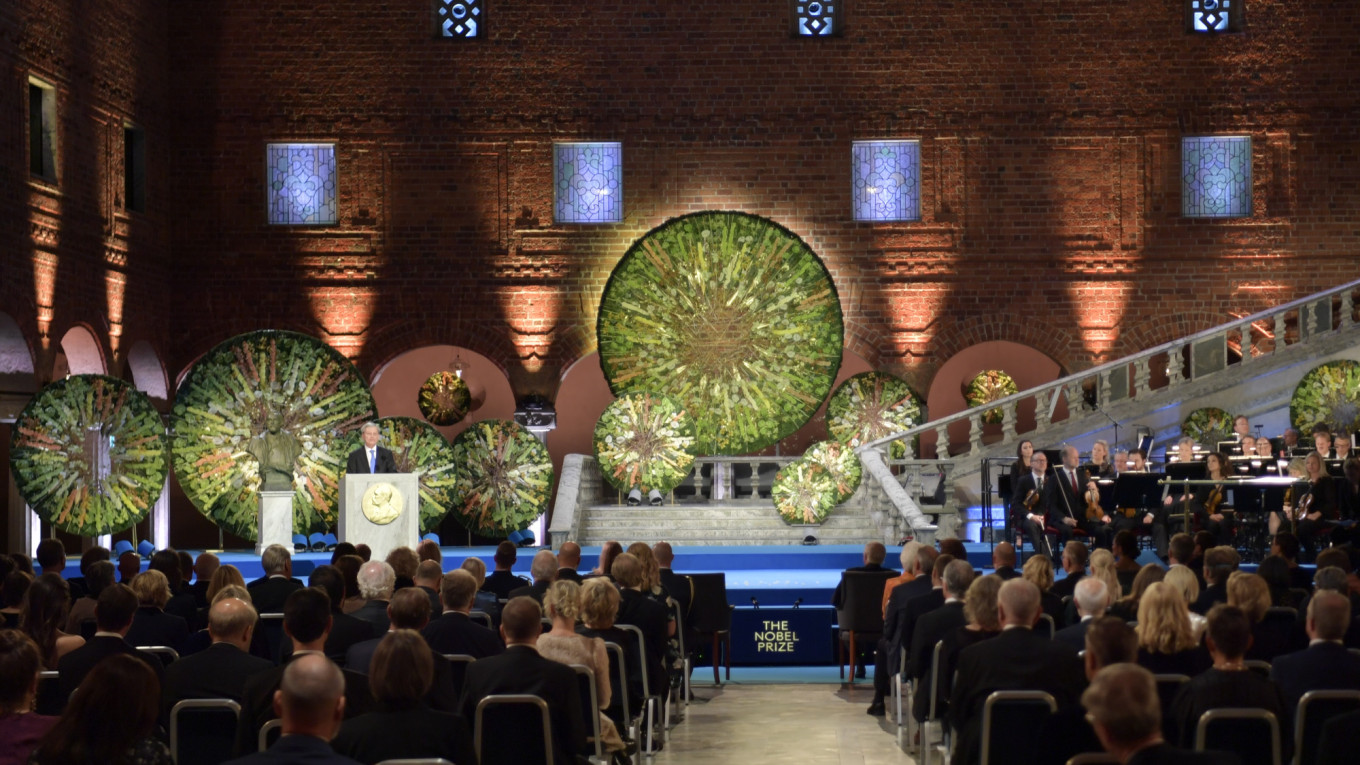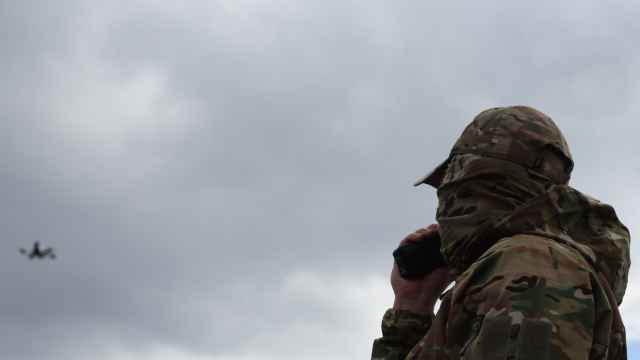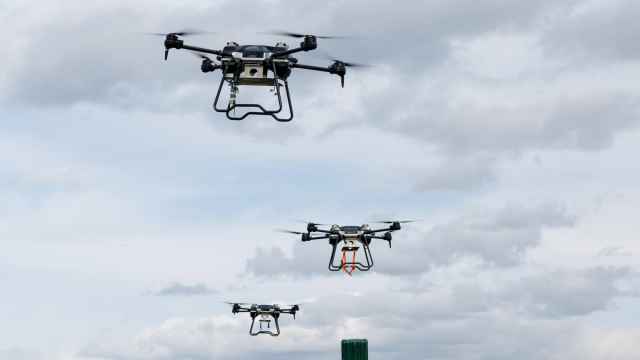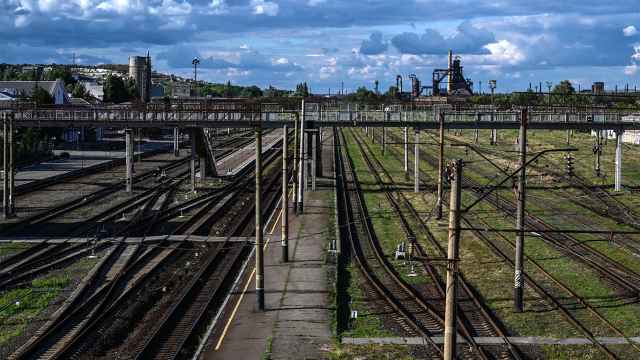The Nobel Foundation said Saturday it was reversing its decision to invite ambassadors from Russia and Belarus to this year's Nobel award ceremony in Stockholm, after the move sparked a backlash.
In 2022, the Nobel Foundation, which organizes the annual Nobel prize ceremony and banquet in Stockholm, decided not to invite the Russian and Belarusian ambassadors to the Stockholm award event because of the war in Ukraine.
They made the same decision regarding the Iranian envoy over the country's crackdown on a wave of protests.
The Swedish foundation however said Thursday it was returning to its previous practice of inviting ambassadors from all countries represented in Sweden, sparking a wave of angry reactions.
The foundation said Saturday that the decision was based on its belief "that it is important and right to reach out as widely as possible with the values and messages that the Nobel Prize stands for."
It noted however that the strong reactions "completely overshadowed this message."
"We, therefore, choose to repeat last year's exception to regular practice — that is, to not invite the ambassadors of Russia, Belarus and Iran to the Nobel Prize award ceremony in Stockholm," the foundation said in a statement.
Last year, the Norwegian Nobel Institute still invited all ambassadors to the Peace Prize ceremony it organizes in Oslo, and the foundation said this would be the case again.
"As before, all ambassadors will be invited to the ceremony in Oslo," it noted.
The decision to once again invite the Russian and Belarusian representatives sparked ire in Sweden and abroad.
'Victory for humanism'
Ukrainian foreign ministry spokesman Oleg Nikolenko wrote on Facebook that the foundation should support efforts to isolate Russia and Belarus as "millions of Ukrainians suffer from an unprovoked war and the Russian regime is not punished for its crimes."
On Saturday, Nikolenko called the reversal a "victory for humanism."
"We thank everyone who demanded the restoration of justice. We are convinced that a similar decision should be made regarding the Russian and Belarusian ambassadors to Oslo," he said in another post to Facebook.
Swedish Prime Minister Ulf Kristersson also said Friday he disagreed with the Foundation's decision.
"I would not have done it if I were handling invites to an award ceremony and I understand that it upsets many people in both Sweden and Ukraine," he said in a written statement to AFP.
Writing on X, formerly known as Twitter, Kristersson on Saturday welcomed the new decision.
"The many and strong reactions show that the whole of Sweden unambiguously stand on Ukraine’s side against Russia's appalling war of aggression," Kristersson said.
Several prominent Swedish politicians, including the leaders of the Center, Green, Left and Liberal parties, had said they would boycott the event over the Russian ambassador's presence.
The glitzy event is held each year in Stockholm on Dec. 10 when laureates in the fields of medicine, physics, chemistry, literature and economics receive their awards from King Carl XVI Gustaf.
A separate ceremony is held in Oslo on the same day for the Peace Prize laureate.
A Message from The Moscow Times:
Dear readers,
We are facing unprecedented challenges. Russia's Prosecutor General's Office has designated The Moscow Times as an "undesirable" organization, criminalizing our work and putting our staff at risk of prosecution. This follows our earlier unjust labeling as a "foreign agent."
These actions are direct attempts to silence independent journalism in Russia. The authorities claim our work "discredits the decisions of the Russian leadership." We see things differently: we strive to provide accurate, unbiased reporting on Russia.
We, the journalists of The Moscow Times, refuse to be silenced. But to continue our work, we need your help.
Your support, no matter how small, makes a world of difference. If you can, please support us monthly starting from just $2. It's quick to set up, and every contribution makes a significant impact.
By supporting The Moscow Times, you're defending open, independent journalism in the face of repression. Thank you for standing with us.
Remind me later.






